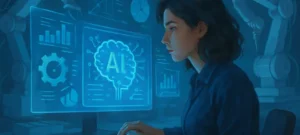
The silent revolution occurring across global industries is not one of speed, but of certainty, as artificial intelligence moves beyond simple automation to redefine the very meaning of flawless execution. This technological evolution has quietly replaced the age-old pursuit of minimizing human error with a new standard of computational accuracy, creating systems that are not just faster but fundamentally more











